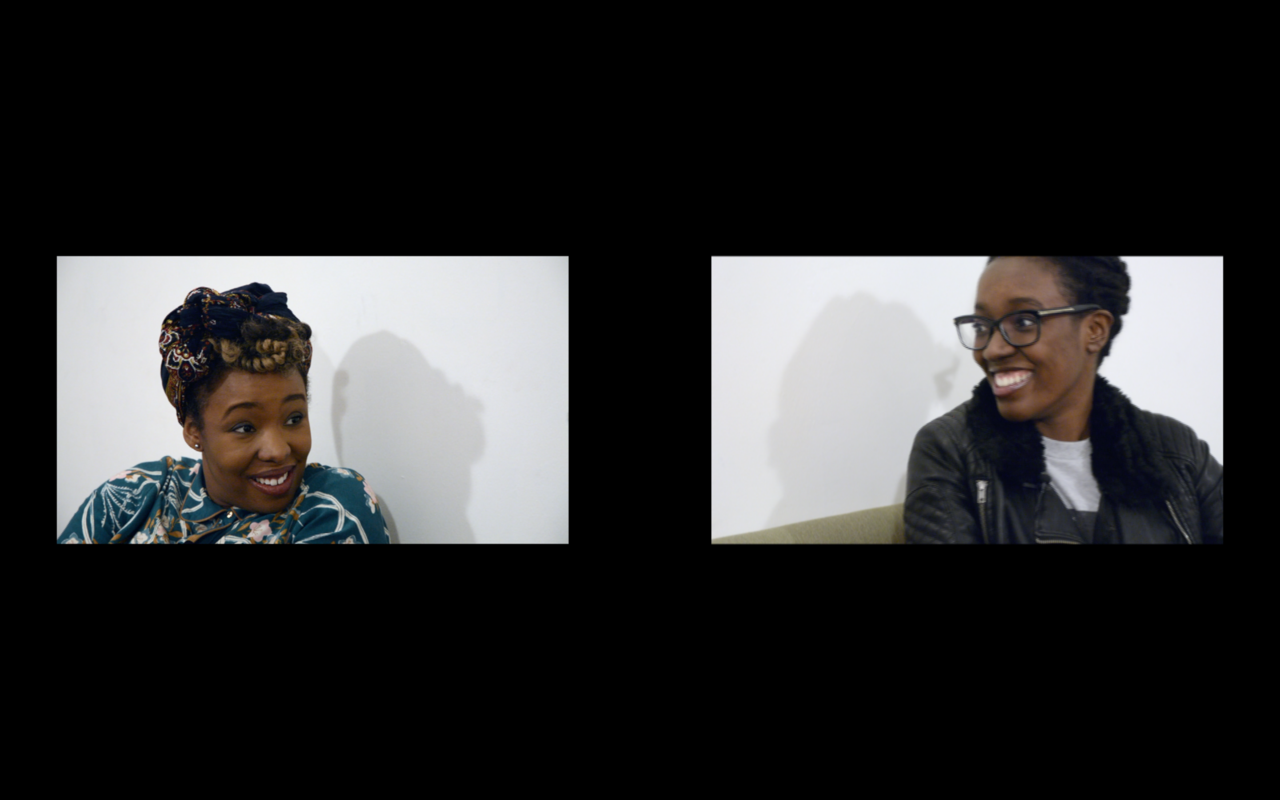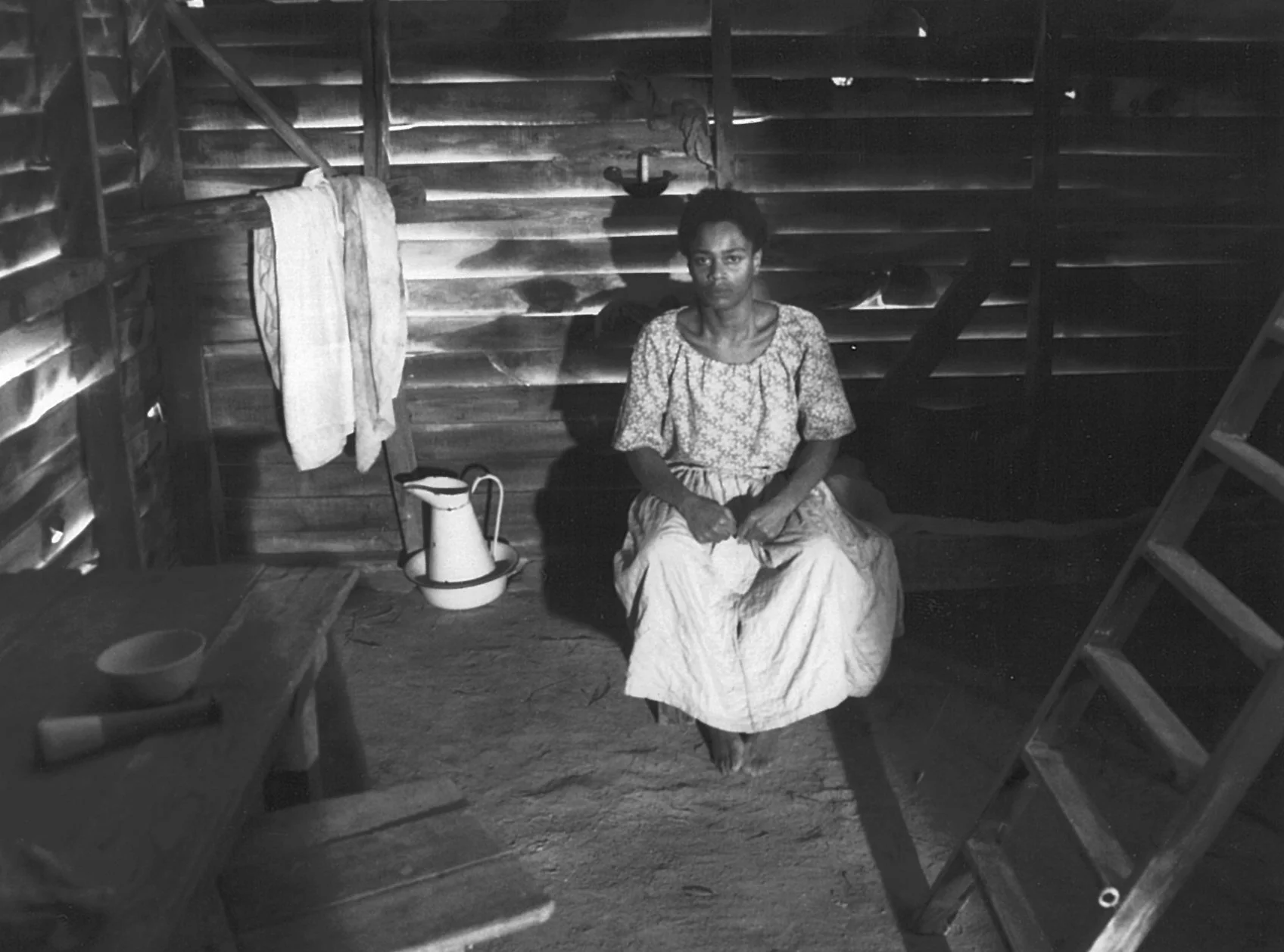BEING WOMXN
And Still I Rise and Amine
(incl. a special pre-recorded intro from Amine director, Beverley Bennett)
Amine (Beverley Bennett, 2017)
And Still I Rise (Ngozi Onruwah, 1992)
From a historical traversion of Black women’s media image in acclaimed director Ngozi Onwurah’s lesser known And Still I Rise (1992), to the testimonies of Black women across the country captured in artist-filmmaker Beverley Bennett’s contemporary work Amine (2017), this programme explores the beingness of Black women in the UK, across time.
Taking Black texts - Maya Angelou and Frantz Fanon - as their starting points, the two films lay bare the ways in which Black women continue to navigate, negotiate and push back against the different labels and expectations thrust upon them by simply existing.
PROGRAMME SCHEDULE:
BEING WOMXN
+ a special pre-recorded intro from Amine director, Beverley Bennett
—
And Still I Rise (Ngozi Onwurah, 1992, 30m)
Inspired by a poem by Maya Angelou, this powerful film explores images of Black women in the media, focusing on the myths surrounding Black women's sexuality. Like Colour Adjustment, in which Marlon Riggs looked at images of Black people on television, And Still I Rise uses images from popular culture to reveal the way the media misrepresents Black women's sexuality. A combination of fear and fascination produces a stereotypical representation which in turn impacts on the real lives of Black women. And Still I Rise intercuts historical and media images with hard-hitting contemporary views of of women of African heritage as they struggle to create a new and empowered perspective. From Black British filmmaker Ngozi Onwurah, of The Body Beautiful and Coffee Coloured Children.
Amine (Beverley Bennett, 2017, 12m)
The film reveals the multi-faceted and complex experiences of what it is to be a black womxn in the UK today. Featuring testimonies from black womxn all over the country, the stories of family, friends, friends-of-friends and acquaintances from varying backgrounds and age groups are woven together, intricately. The testimonies come from a series of unstructured, conversational and kitchen table interviews organised by artist Beverley Bennett, about societal perceptions on black womxn as racialised bodies, overdetermined from without in the Fanonian sense. When seen together, the fragments of positive and negative encounters and experiences, and the rainbow of emotions expressed, create a story of vulnerability, pain and joy that is at once liberatory and heartbreaking.


